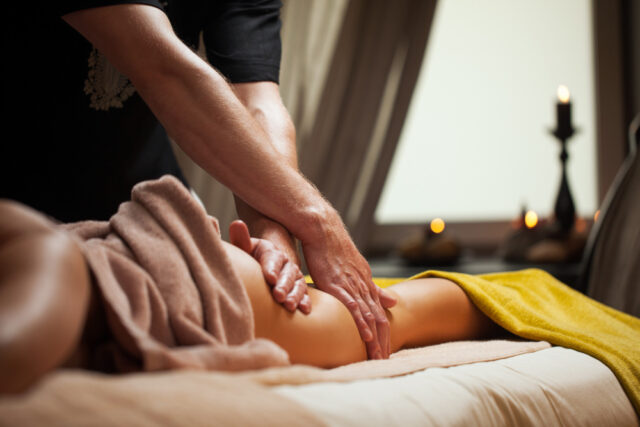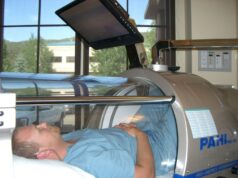
In the world of wellness and relaxation, few professions hold as much promise and potential as that of a massage therapist. This role transcends mere technique; it embodies the delicate balance of science and art, a dance between understanding the human body and creating a transformative experience for clients.
Aspiring massage therapists must cultivate an array of skills that go beyond the basic strokes of a massage. From honing advanced anatomical knowledge to mastering the subtleties of communication, every aspect contributes to their effectiveness and the satisfaction of those they serve.
In this article, we will explore the essential skills required to not only excel in this fulfilling career but to also leave a profound impact on the lives of individuals seeking relief and serenity. Whether you’re on the verge of embarking on this journey or simply curious about the intricacies of the profession, dive in as we uncover what it truly takes to thrive as a massage therapist.
Anatomy and Physiology Knowledge

A thorough understanding of anatomy and physiology is paramount for any aspiring massage therapist, as it lays the foundation for effective treatment. Knowledge of the human body’s structure—including muscles, bones, ligaments, and organs—enables therapists to identify areas of tension and discomfort.
For instance, recognizing how the trapezius muscles interact with the shoulder blades can inform techniques to relieve upper back pain. Furthermore, grasping the intricacies of bodily systems, such as the circulatory and nervous systems, enhances a therapists ability to tailor their approach to meet each client’s unique needs.
This mastery not only enriches the therapists toolkit but also fosters communication with clients, allowing for more informed discussions about body awareness and the healing process. Ultimately, the dynamic interplay between anatomy and physiology empowers therapists to provide holistic care, ensuring clients leave feeling rejuvenated and understood.
Time Management

Time management is an essential skill for massage therapists, as the nature of the job often involves juggling multiple clients, appointments, and a variety of treatments throughout the day. Imagine stepping into a bustling clinic where every minute counts, and the next client is waiting with anticipation.
Effectively managing your schedule not only optimizes your productivity but also enhances the experience for your clients. To excel in this realm, therapists must develop a keen sense of prioritization, ensuring that each session receives the attention it deserves.
It’s not merely about sticking to a clock; it’s about fostering a balance between thorough care and efficiency. For instance, allocating adequate time for post-session notes or personal self-care can prevent burnout and enhance the quality of service provided.
Ultimately, mastering time management creates a harmonious rhythm that benefits both the therapist and those seeking their healing touch.
Stress Management Techniques

Stress management is an essential skill for a massage therapist, as the nature of the job often involves absorbing the stress of clients while providing them relief. Techniques such as deep breathing exercises can ground a therapist, encouraging a calm focus before or after sessions.
Mindfulness meditation fosters an enhanced awareness of one’s own emotional state, helping to separate personal stress from a client’s needs. Incorporating regular physical activity, whether it’s yoga or a brisk walk, can bolster resilience, while maintaining a balanced diet fuels both body and mind.
Furthermore, setting clear boundaries and engaging in self-care rituals—like indulging in a relaxing bath or reading a good book—serve as vital practices to recharge. Balancing these techniques not only nurtures the therapist but ultimately enriches the client’s experience, creating a symbiotic relationship that enhances the healing process.
Conclusion
In conclusion, excelling as a massage therapist requires a unique combination of technical skills, interpersonal abilities, and a commitment to ongoing education. Mastery of various massage techniques, keen anatomical knowledge, and exceptional communication skills are essential for providing effective treatments and fostering client relationships.
Additionally, understanding business acumen and marketing strategies, such as leveraging platforms like 마사지구인 for job opportunities, can enhance career prospects and growth in this field. By continuously honing these skills and adapting to clients needs, aspiring massage therapists can build a rewarding career that promotes health and wellness in their communities.



